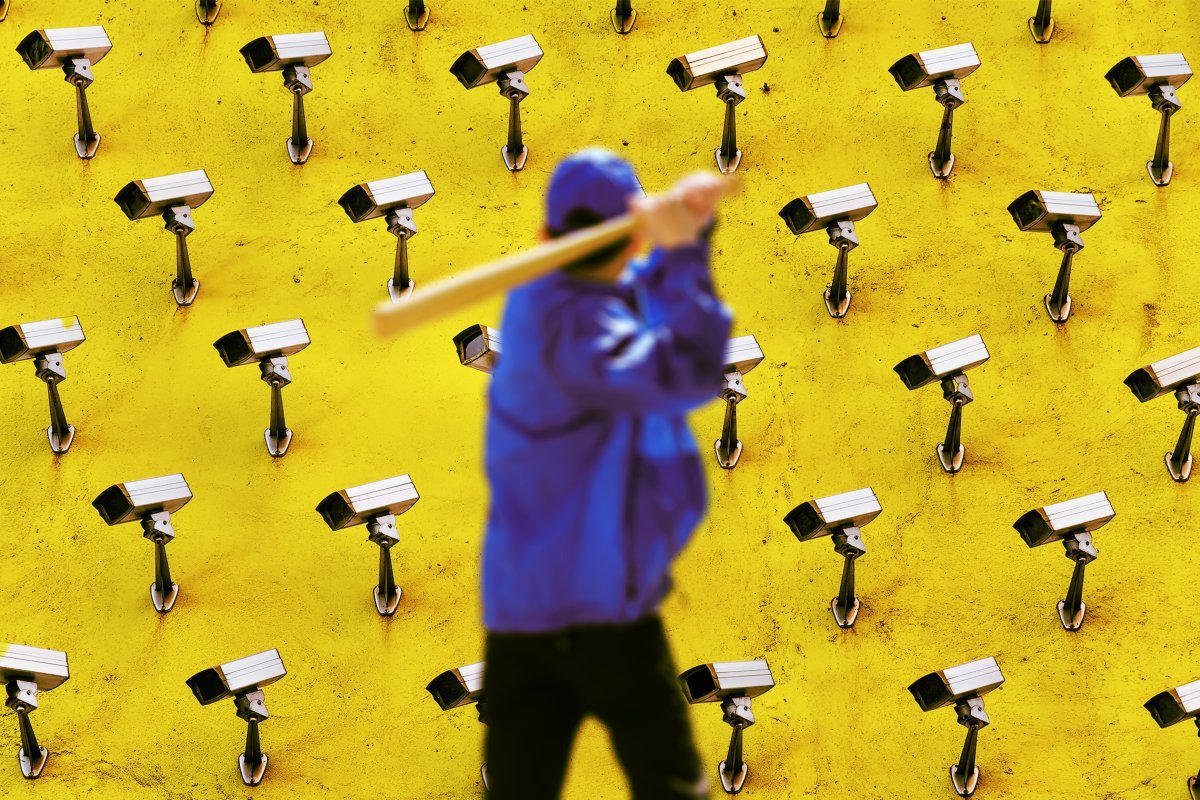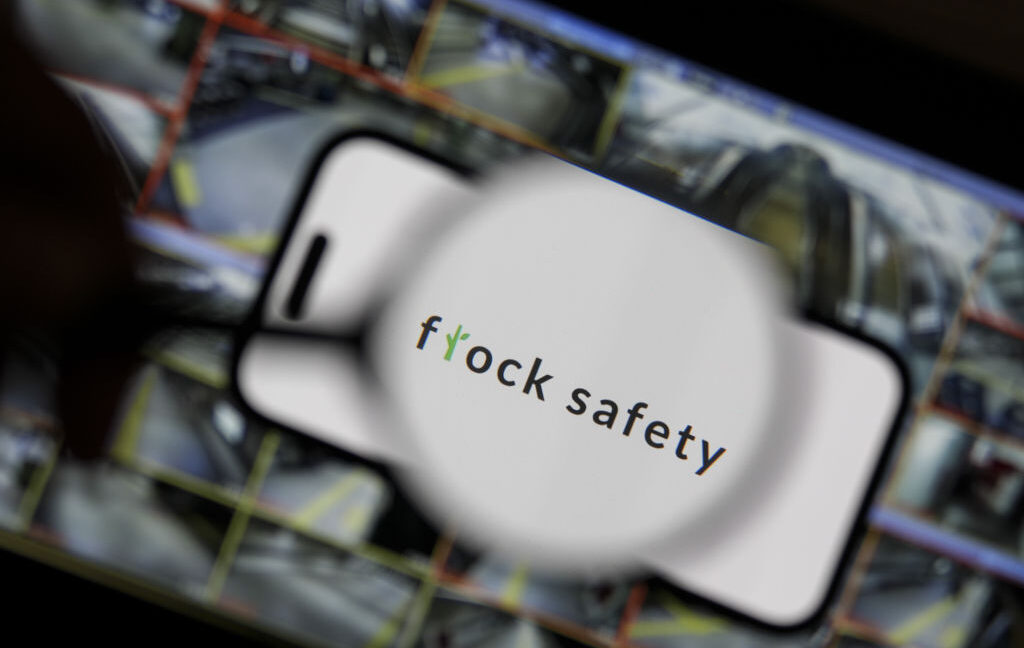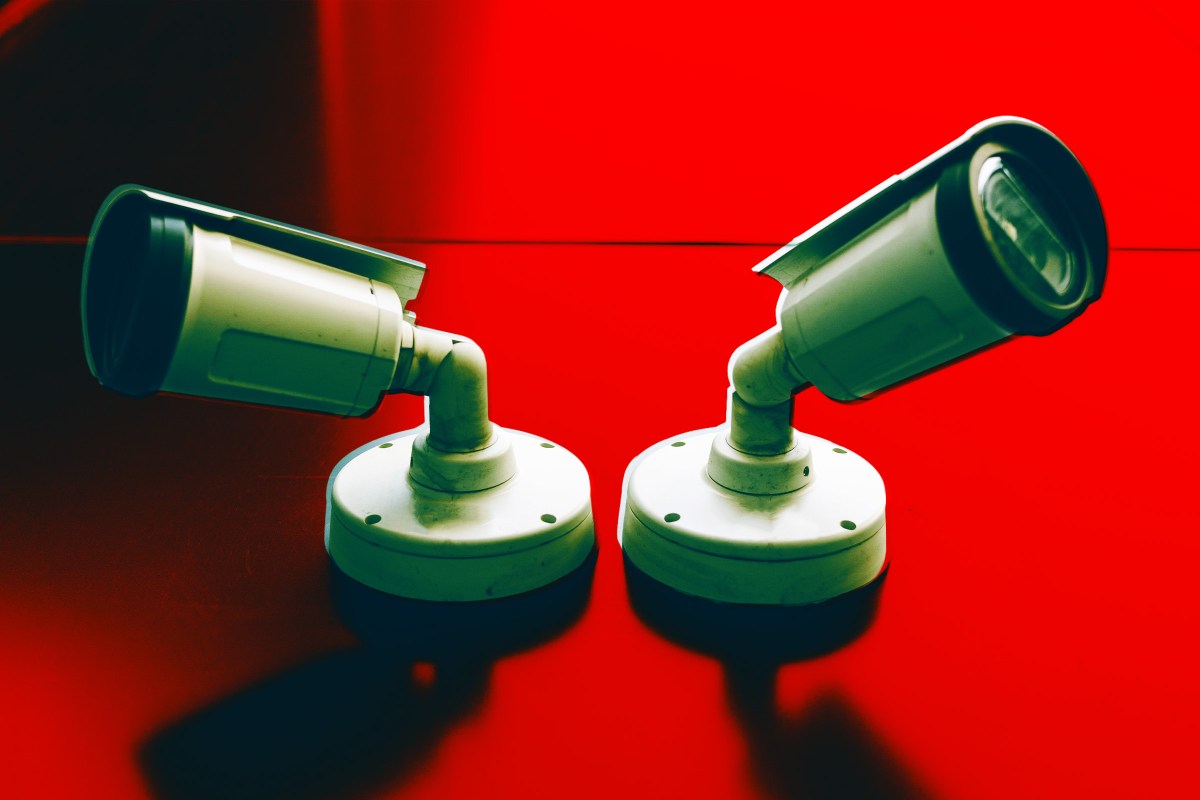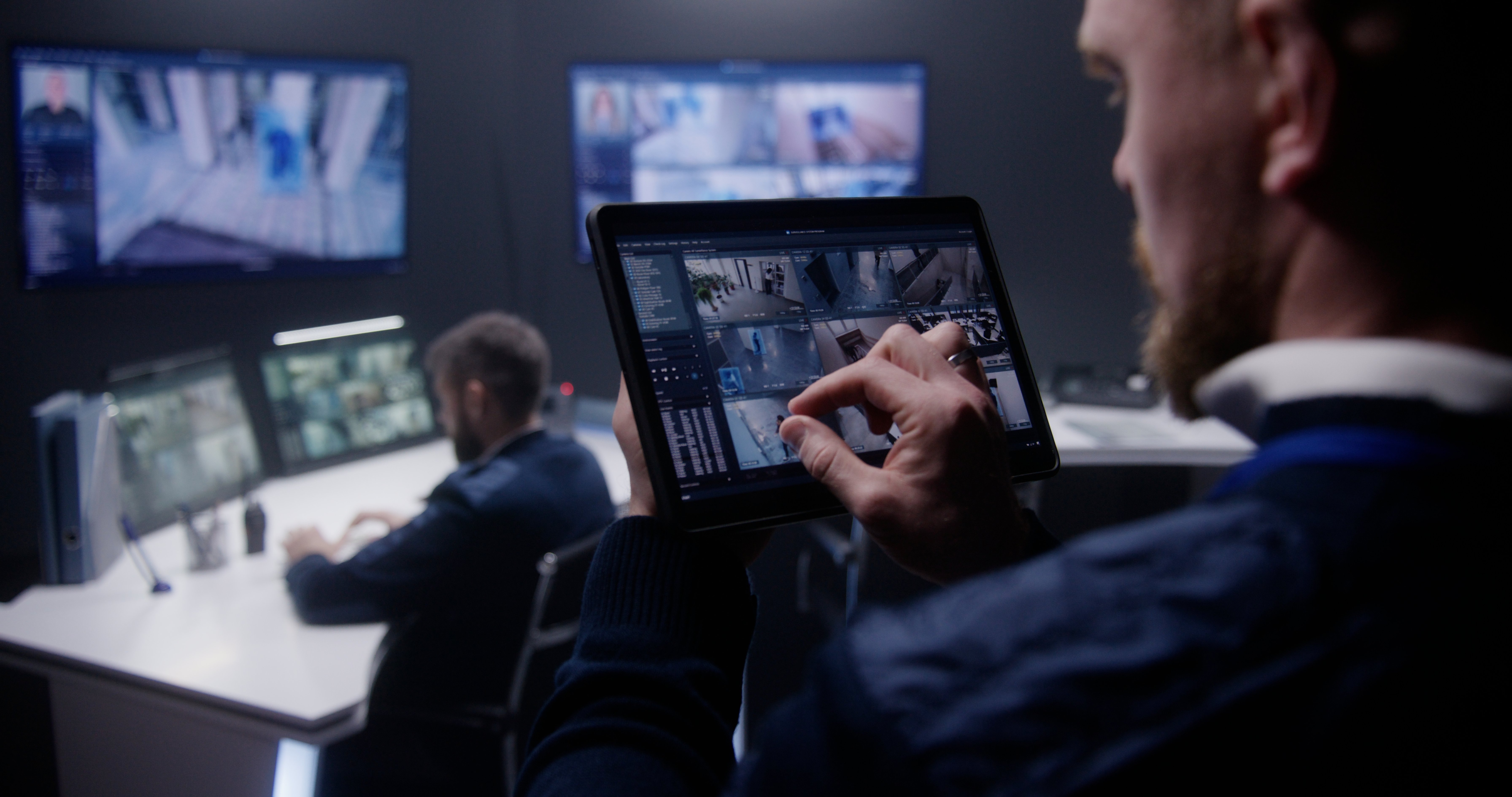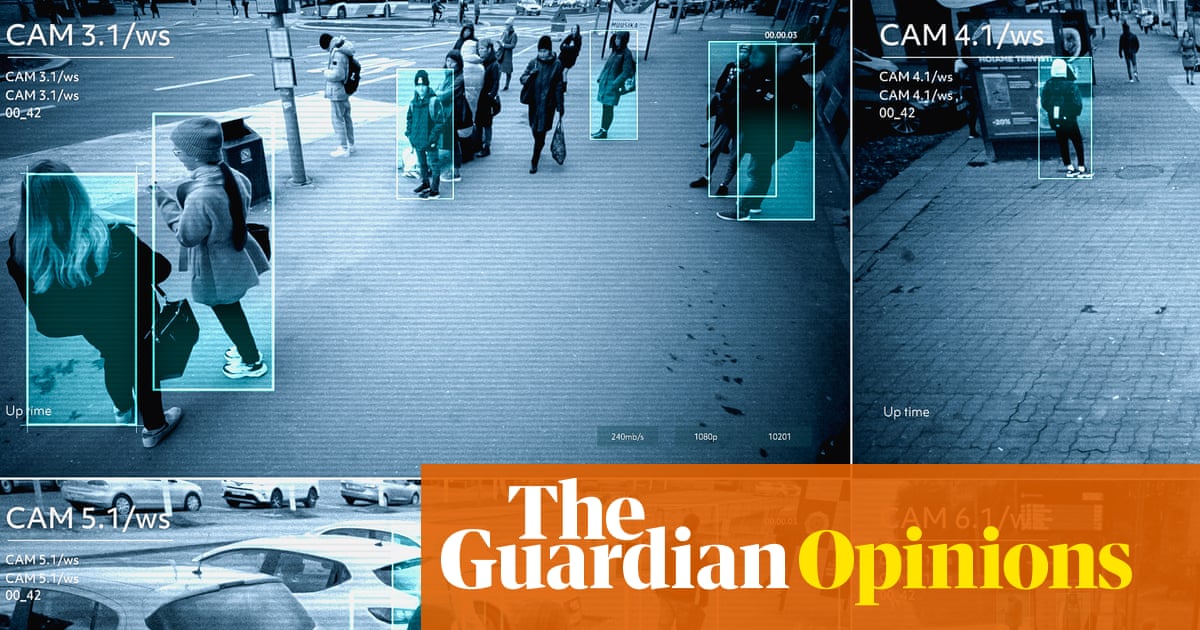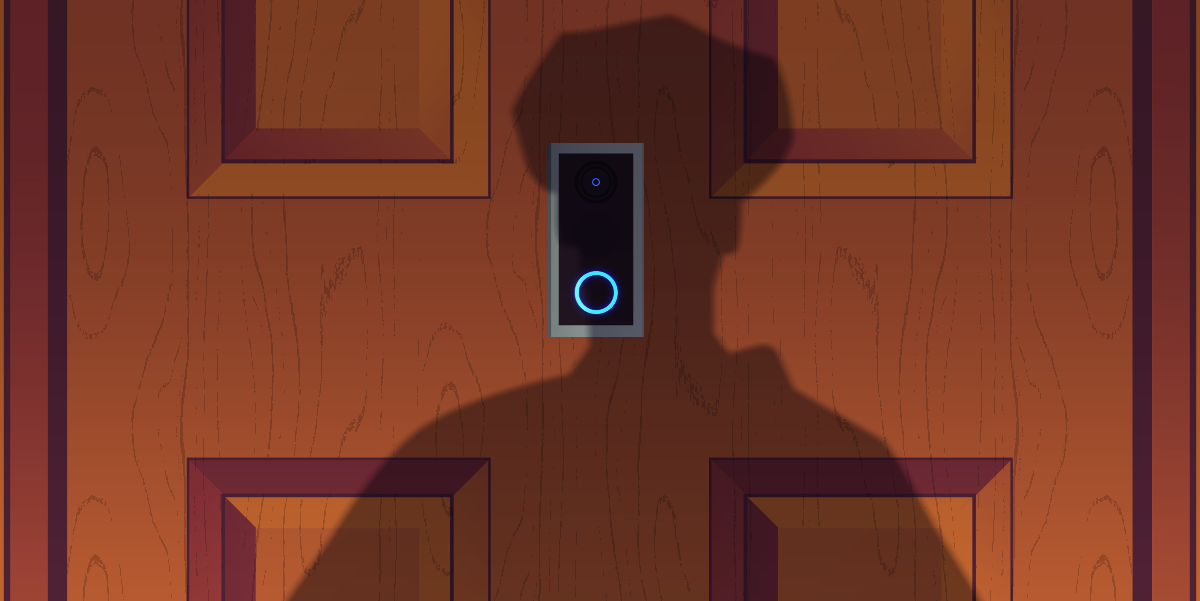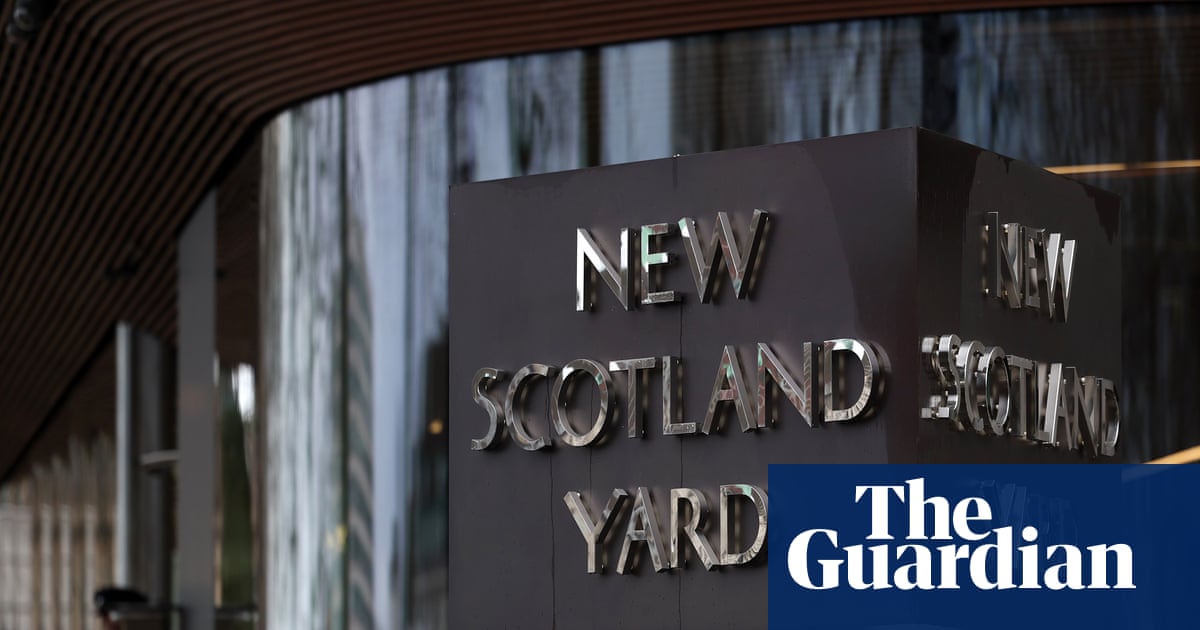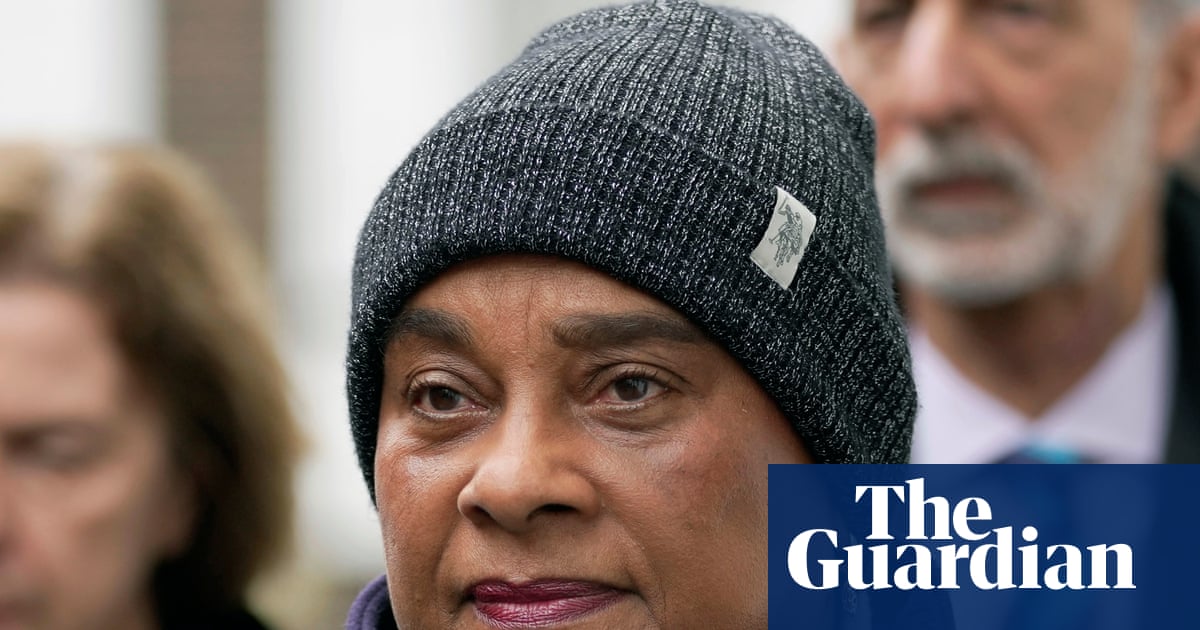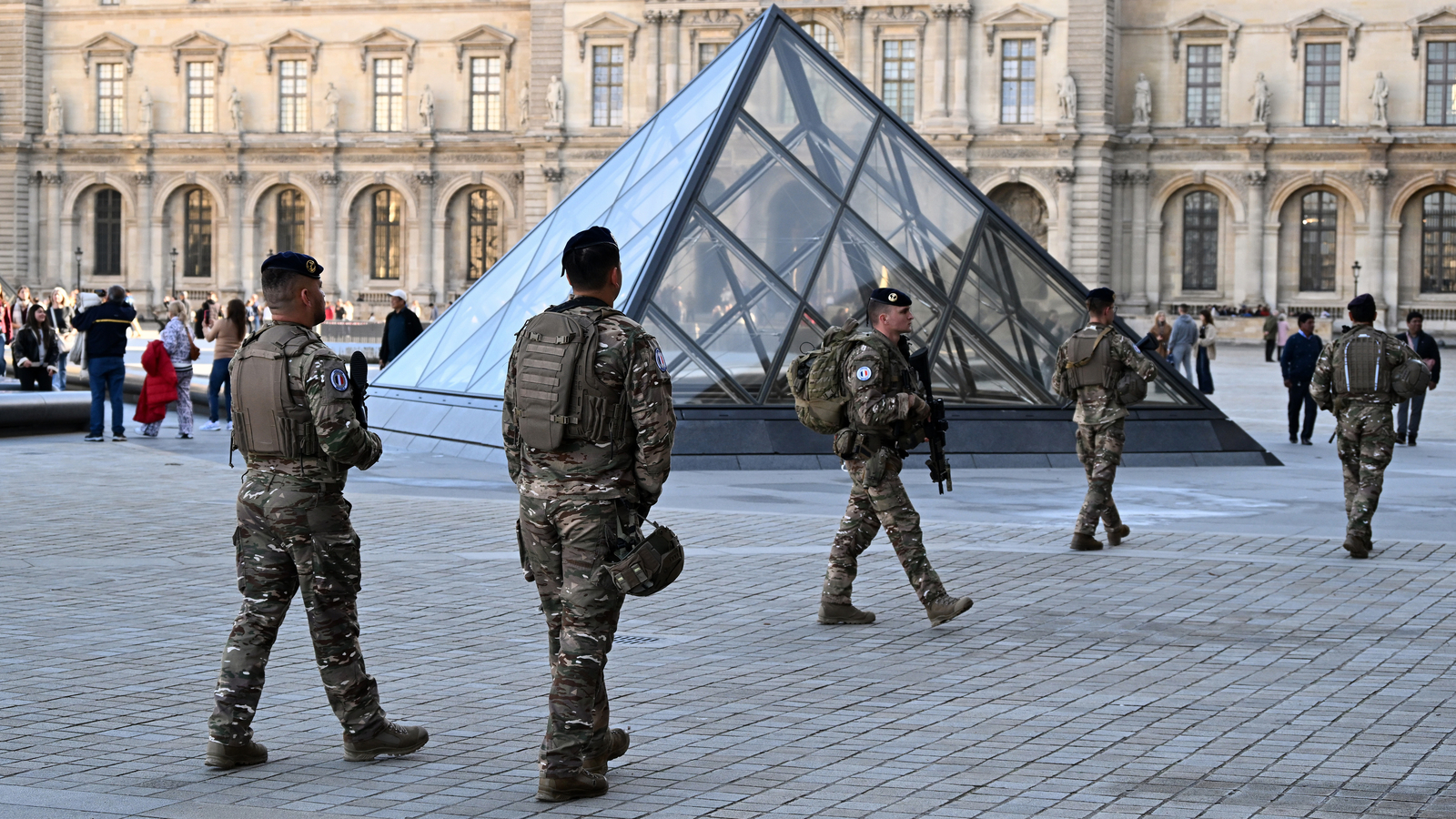#surveillance
#surveillance
[ follow ]
fromThe Nation
1 day agoHow Laura Poitras Finds the Truth
Pasted on the wall next to the locked steel door that seals Laura Poitras's studio from visitors and intruders is a black poster depicting a PGP key that the filmmaker has used in the past to receive encrypted messages. It makes sense that this key-a sort of invitation to send her a secret message-is the only identifiable sign that Poitras edits her movies in this building;
Privacy professionals
Privacy technologies
fromSun Sentinel
4 days ago'Creeped out' or crime solvers? License plate readers in South Florida a controversial tool
South Florida law enforcement deploys Flock Safety license-plate recognition cameras linked to a national database and AI to capture and search detailed vehicle data.
fromWIRED
6 days agoAI Toys for Kids Talk About Sex, Drugs, and Chinese Propaganda
Two people allegedly linked to China's infamous Salt Typhoon espionage hacking group seem to have previously received training through Cisco's prominent, long-running networking academy. Meanwhile, warnings are increasingly emerging from United States lawmakers in Congress that safeguards on expanded US wiretap powers have been failing, allowing US intelligence agencies to access more of Americans' data without adequate constraints. If you've been having trouble keeping track of all of the news and data coming out about infamous sex offender Jeffrey Epstein,
Information security
Digital life
fromElectronic Frontier Foundation
1 week agoEFF and 12 Organizations Urge UK Politicians to Drop Digital ID Scheme Ahead of Parliamentary Petition Debate
UK digital ID plan threatens privacy rights, enables mission creep, security risks, discrimination, exclusion, and shifts power from individuals to the state.
fromNature
1 week agoEarly detection could improve pancreatic cancer's poor survival rates
Pancreatic cancer is not a disease that reveals itself easily, at least not initially. The pancreas is tucked deep in the abdomen, behind the stomach, so tumours aren't easy to see or feel. A person might experience gastrointestinal distress, nausea, back pain, weight loss or fatigue - all symptoms that can be caused by a variety of conditions, most of which are much more common than pancreatic cancer.
Cancer
fromTruthout
1 week agoNew Orleans Resists ICE Invasion Despite Surveillance and State Repression
When concerned residents of the New Orleans metro area stepped out into the streets with their whistles and phone cameras over the weekend, ready to protest and document the Trump administration's unwelcome assault on immigrant communities, they faced both widespread digital surveillance by state and federal authorities and a vague state law that makes hindering federal immigration enforcement a crime punishable by up to one year of hard labor in a Louisiana prison.
US politics
Privacy professionals
fromwww.theguardian.com
1 week agoUK campaigners condemn creepy' digital billboards that can track viewers' responses
Digital billboards with cameras have been installed in hundreds of residential buildings, raising privacy and advertising concerns among residents and civil-liberty campaigners.
World news
fromTruthout
1 week agoIsrael Reportedly Spying on American Troops at US Base Monitoring Gaza Ceasefire
Israeli authorities conducted widespread surveillance and recording inside a U.S. Civil-Military Coordination Center in southern Israel, prompting its commander to demand the practice stop.
fromJezebel
1 week agoBig Brother Is Watching Your Online Criticism of ICE Crackdowns
We have, after all, been warned over and over that organizations like ICE have been wanting to vastly expand their online operations, using the same vastly expanded budget that recently saw them purchase a new $7.3 million fleet of (Canadian made) armored vehicles. The online expansion of ICE, meanwhile, is not just in the name of locating more groups of undocumented immigrants to target, but also to compile sprawling digital enemies lists, creating databases of those who have expressed anti-ICE sentiment.
US politics
fromFuturism
1 week agoAI Surveillance Startup Caught Using Sweatshop Workers to Monitor US Residents
What does it take to become the most successful AI surveillance company in 2025? If you're anything like Flock, the startup selling automatic license plate readers and facial recognition tech to cops, you don't really need much AI at all - just an army of sweatshop workers in the global south. Bombshell new reporting from 404 Media found that Flock, which has its cameras in thousands of US communities, has been outsourcing its AI to gig workers located in the Philippines.
Artificial intelligence
from24/7 Wall St.
1 week agoThe Most Advanced Military Planes Have Amazing Capabilities
Modern military aircraft reflect some of humanity's most sophisticated engineering achievements in the world. These planes combine cutting-edge technology, effective design, and top-of-the-line performance. They're built not only to fly faster and farther than ever before but also to accomplish a variety of other tasks, like gather intelligence, evade detection, and carry out specific missions. Today's incredibly built craft are a testament to true innovation, from stealth fighters that remain invisible on radar to surveillance aircraft that can track threats with precision.
Science
US politics
fromwww.pressdemocrat.com
2 weeks agoUS Capitol Police: Member of Eric Jones' campaign investigated for surveilling Rep. Mike Thompson's Napa County home
A 19-year-old volunteer linked to Eric Jones' campaign was investigated for surveilling Rep. Mike Thompson's home, prompting safety concerns, campaign denials, and internal discipline.
Artificial intelligence
fromTechCrunch
2 weeks agoNew 'KnoWay' robotaxis cause chaos in new Grand Theft Auto Online DLC | TechCrunch
GTA Online's new expansion features destructive 'KnoWay' robotaxis resembling Waymo vans, portraying autonomous vehicles as surveillance-enabled targets of vandalism and player-driven chaos.
fromTechCrunch
2 weeks agoSanctioned spyware maker Intellexa had direct access to government espionage victims, researchers say | TechCrunch
Perhaps the most striking revelation is that people working at Intellexa could allegedly remotely access the surveillance systems of at least some of its customers via TeamViewer, an off-the-shelf tool that allows users to connect to other computers over the internet. The remote access is shown in a leaked training video revealing privileged parts of the Predator spyware system, including its dashboard, as well as the "storage system containing photos, messages and all other surveillance data gathered from victims of the Predator spyware,"
Privacy professionals
fromemptywheel
2 weeks agoAsif Merchant Says EDNY Screwed Up Its Intercepts - emptywheel
Asif Merchant wants EDNY to provide all the spying the FBI did targeting him - or at least the spying that they say matches the calls he made while they were surveilling him. As you'll recall, Merchant is the Pakistani guy that EDNY arrested in July 2024 for allegedly soliciting someone to kill political targets, possibly including Donald Trump. Since then, Merchant has been sitting in prison, under communication restrictions, awaiting trial, which is currently scheduled for February 23, 2026.
US news
Privacy professionals
fromwww.theguardian.com
2 weeks agoIndian order to preload state-owned app on smartphones causes political outcry
India mandated preloading the state-owned Sanchar Saathi app on all smartphones, prompting surveillance fears, opposition outcry, and some tech companies' refusal to comply.
fromFortune
2 weeks agoMore than 1,000 Amazon employees sign open letter warning the company's AI 'will do staggering damage to democracy, our jobs, and the earth' | Fortune
Amazon told Fortune in a statement that the claim the company has abandoned its climate commitments is "categorically false and ignores the facts." "Amazon is already committed to powering our operations even more sustainably and investing in carbon-free energy. This includes supporting two advanced nuclear energy agreements and investing in more than 600 renewable energy projects worldwide," Amazon spokesperson Brad Glasser told Fortune in the statement, adding that the company is working to make operations more energy efficient, including data centers.
Artificial intelligence
fromBusiness Insider
2 weeks agoAirship firm on Russian border says Kremlin's jamming is a huge advantage for its aircraft to NATO
Kelluu, a Finnish company located about 50 miles from the Russian border, is launching small, propeller-driven airships filled with hydrogen, which it believes can fill a gap in battlefield and border surveillance. The startup is already finding success with NATO, being the first to secure a deal with a Western nation through a new innovators' program run by the alliance.
Miscellaneous
fromPsychology Today
2 weeks agoHe Escaped a Pious Cult-Then Found College to Be a New One
Appel grew up in the Lamb of God, a patriarchal Christian covenant community. As he recounts in his newly released memoir, Cis White Gay: The Making of a Gender Heretic, members "pledge[d] fealty to a small group of self-appointed leaders," men served as "coordinators," women as "handmaids" (yes, that is what they were called), and wives were required to obey their "husband-masters."
Philosophy
fromwww.standard.co.uk
2 weeks agoRevealed: West London authority using drones to 'spy' on residents
A West London council is preparing to use drones to bolster its enforcement teams as local authorities across the country quietly build aerial surveillance fleets. A report by Hammersmith and Fulham council sets out plans to deploy drones to support its 70-strong law enforcement team, which issued more than 2,200 fines in 2024. The aircraft will be used to target anti-social behaviour and fly tipping.
Privacy professionals
World news
fromwww.mediaite.com
3 weeks agoHasan Piker Praises Communist' China Despite Ongoing Genocide: It Has Become Far More Tolerant'
Hasan Piker praises China’s economic growth and political model while criticizing U.S. infrastructure and prospects, and acknowledging Chinese surveillance and systemic failures.
US politics
fromWIRED
4 weeks agoSenators Want Extremism Researchers to Surrender Documents Linked to Right-Wing Grudges
A Senate committee has demanded extensive records from university extremism research centers covering watchlisting programs, January 6, vaccine mandates, the 2020 election, and Trump supporters.
Information security
fromThe Hacker News
4 weeks agoThreatsDay Bulletin: 0-Days, LinkedIn Spies, Crypto Crimes, IoT Flaws and New Malware Waves
Cyber threats are rapidly evolving as criminals exploit browser extensions, smart devices, social platforms, and novel malware while governments and companies intensify countermeasures.
Privacy technologies
fromwww.mercurynews.com
4 weeks agoBorder Patrol is monitoring US drivers and detaining those with suspicious' travel patterns
Border Patrol monitors millions of American drivers using license-plate readers and algorithms that flag travel patterns, prompting stops, searches and occasional arrests.
California
fromABC7 San Francisco
4 weeks agoVideo shows thieves with master Post Office keys steal mail after dark at San Jose complex
Thieves use stolen master keys to open clustered mailbox banks, prompting residents to install surveillance, use P.O. boxes, and remove mail promptly to prevent theft.
fromPsychology Today
4 weeks agoDefending Cognitive Privacy and the Right to Think
The questions you ask yourself while learning reveal not just what you don't know but how you think, what confuses you, what excites you, how you make connections, and how you construct meaning from new information. Traditionally, much of this process happened in private-a child working through a math problem in their notebook, a teenager wondering about a concept while walking to school, someone lying in bed thinking about something they heard that day.
Privacy professionals
Artificial intelligence
fromArs Technica
4 weeks agoHow Louvre thieves exploited human psychology to avoid suspicion-and what it reveals about AI
Thieves exploited social expectations and category-based perception to bypass surveillance, illustrating how human and AI pattern-based systems can be deceived.
fromwww.theguardian.com
1 month agoSlovenia accused of turning Roma neighbourhoods into security zones'
Slovenia's government has been accused of turning Roma neighbourhoods into security zones after the passing of a law giving police powers to raid and surveil homes in so-called high-risk areas. At midnight on Monday, the country's parliament backed the Sutar law, named after Ales Sutar, who was killed in an altercation with a 21-year-old Romany man after rushing to a nightclub following a distress call from his son. The incident outside the LokalPatriot club in Novo Mesto, in south Slovenia, last month led to a huge street protests, police being stationed in Roma neighbourhoods and the resignation of two ministers.
Europe politics
fromprivacyinternational.org
1 month agoInvestigating dual-use technology and the darker side of innovation
We are living through a moment of profound transformation as military imperatives and corporate interests are no longer separate threads in the fabric of technological innovation. Instead they are inseparably interwoven. Innovation is increasingly framed not as a response to a concrete human need, but in terms of strategic advantage, deterrence, and national security. States and corporations alike are turning to technology which blurs the line between civilian life and military power to advance foreign policy agendas and to assert geopolitical dominance.
Artificial intelligence
fromThe Verge
1 month agoRing's Jamie Siminoff thinks AI can reduce crime
Jamie Siminoff founded Ring, a video doorbell and home security company. He prefers the title chief inventor rather than CEO. He published a book titled Ding-Dong: How Ring Went from Shark Tank Reject to Everyone's Front Door. And I have to admit that it is a great title for a doorbell company.
Startup companies
fromPrivacy International
1 month agoDual-use tech: the Israel Aerospace Industries (IAI) example
Technologies that have both military and civilian applications are known as "dual-use". Drone start-ups, arms giants, and satellite manufacturers are among the tech companies which are increasingly marketing surveillance products for both military and civil applications, leading to a blurring of the lines between the two domains. This has serious implications for our freedoms, the militarisation of our societies, and the use of publicly-funded research, particularly from the European Union.
Startup companies
Privacy professionals
fromComputerWeekly.com
1 month agoMI5 made multiple applications for phone data to identify BBC journalist's sources | Computer Weekly
MI5 made multiple unlawful applications for BBC journalist Vincent Kearney's phone data between 2006 and 2009, prompting legal challenges over alleged surveillance.
fromElectronic Frontier Foundation
1 month agoRing's Face Scan Plan | EFFector 37.16
In our latest issue, we're exposing surveillance logs that reveal racist policing; explaining the harms of Google's plan for Android app gatekeeping; and continuing our new series, Gate Crashing, exploring how the internet empowers people to take nontraditional paths into the traditional worlds of journalism, creativity, and criticism. Prefer to listen in? Check out our audio companion, where EFF Staff Attorney Mario Trujillo explainswhy Ring's upcoming facial recognition tool could violate the privacy rights of millions of people.Catch the conversation on YouTubeor the Internet Archive.
Privacy technologies
fromHyperallergic
1 month agoWe're All Pink on the Inside
soft weapons: Keep Your Fucking Hands Off My Body, an exhibition of works by 29 artists curated by Cassandra Neyenesch and Lydia Nobles, takes its name from the concept of "soft power" - influence exercised through means other than force - and Gordon Parks's famous declaration that his camera, that is, art-making, was his "choice of weapon." The body, it argues, is a site of freedom, a method to resist forces of suppression, surveillance, and systemic violence.
Arts
fromenglish.elpais.com
1 month agoOrtega and Murillo intensify internet censorship, the last bastion of freedom of expression in Nicaragua
According to opposition groups, who have dubbed it the gag law, one of the most alarming aspects is the total power granted to the Nicaraguan Institute of Telecommunications and Postal Services (TELCOR). At the head of this agency is Nahima Diaz Flores, daughter of the National Police Chief, Commissioner Francisco Diaz, and sister-in-law of one of the presidential couple's sons.
World news
fromComputerWeekly.com
1 month agoUK's 'deregulatory' AI approach won't protect human rights | Computer Weekly
Speaking during the inquiry's second evidence session on 29 October 2025, expert witnesses told Parliament's Joint Committee on Human Rights that, as it stands, the UK's "uncritical and deregulatory" approach to AI will fail to deal with the clear human rights harms presented by the technology. This includes harms related to surveillance and automated decision-making, which can variously impact both collective and individual rights to privacy, non-discrimination, and freedom of assembly; especially given the speed and scale at which the technology operates.
UK politics
Privacy professionals
fromFast Company
1 month agoWe say we care about data privacy, but our actions tell a different story. Here's why
Widespread data collection and weak U.S. privacy protections condition people to feel powerless, increasing acceptance of data misuse that threatens public health and rights.
fromTechCrunch
1 month agoItalian political consultant says he was targeted with Paragon spyware | TechCrunch
"It is time to ask a very simple question: Why? Why me? How is it possible that such a sophisticated and complex tool was used to spy on a private citizen, as if he were a drug trafficker or a subversive threat to the country? I have nothing more to say. Others must speak. Others must explain what happened."
Miscellaneous
fromVulture
1 month agoDown Cemetery Road Recap: Blood Lines
At the first opportunity, Sarah runs from him, but he tackles and points a gun at her before deciding to let her make her choice. She can either get back in the van or let herself be caught by "them," the people who intend to kill her. So, she gets back in the van. While she's at it, she might as well get an answer from Downey: Who is "they"?
Television
fromwww.amny.com
1 month agoTrio brutally stab man throughout body and head in Brooklyn, hold him down and rob him: cops | amNewYork
According to police sources, a 45-year-old man was brutally attacked at around 1 a.m. on Oct. 27 in front of an apartment building located at 371 Van Siclen Ave. in East New York. An eyewitness walking home told cops that he saw the victim arguing with three men before one of them brandished a knife and began stabbing him. The 45-year-old was stabbed multiple times, including in the head and abdomen.
New York City
fromTheregister
1 month agoUN Cybercrime Treaty wins dozens of signatories
The Convention took five years to develop and has three purposes: Promote and strengthen measures to prevent and combat cybercrime more efficiently and effectively; Promote, facilitate and strengthen international cooperation in preventing and combating cybercrime; and Promote, facilitate and support technical assistance and capacity-building to prevent and combat cybercrime, in particular for the benefit of developing countries. Those goals are hard to oppose.
World news
Information security
fromTechCrunch
1 month agoExclusive: CEO of spyware maker Memento Labs confirms one of its government customers was caught using its malware
Memento Labs' Dante Windows spyware targeted victims in Russia and Belarus; the company confirmed ownership and blamed a government customer for using an outdated agent.
Privacy professionals
fromFortune
1 month agoAR glasses blur the lines of when it's obvious a company is collecting your data, privacy expert says | Fortune
Augmented-reality glasses raise significant privacy and security challenges by enabling pervasive recording and complicating consent and notice mechanisms.
[ Load more ]






